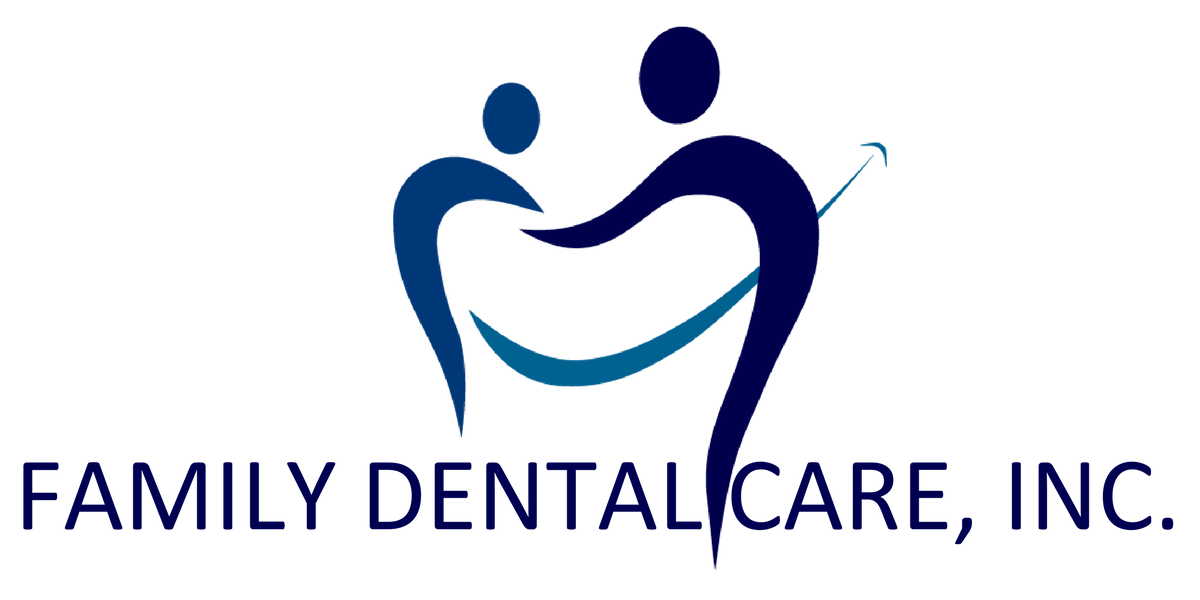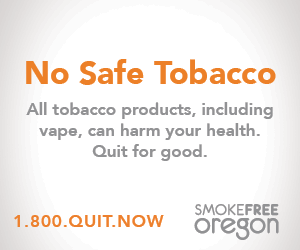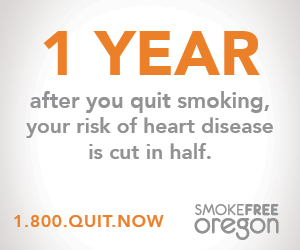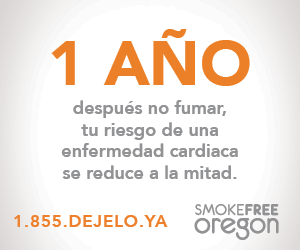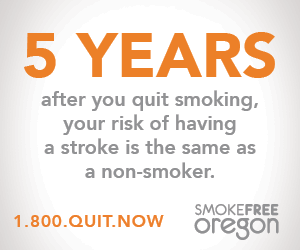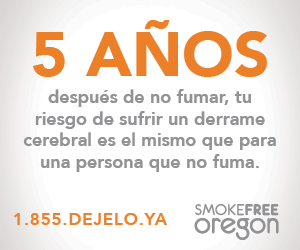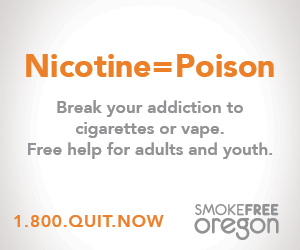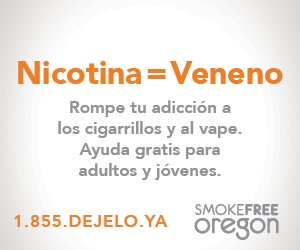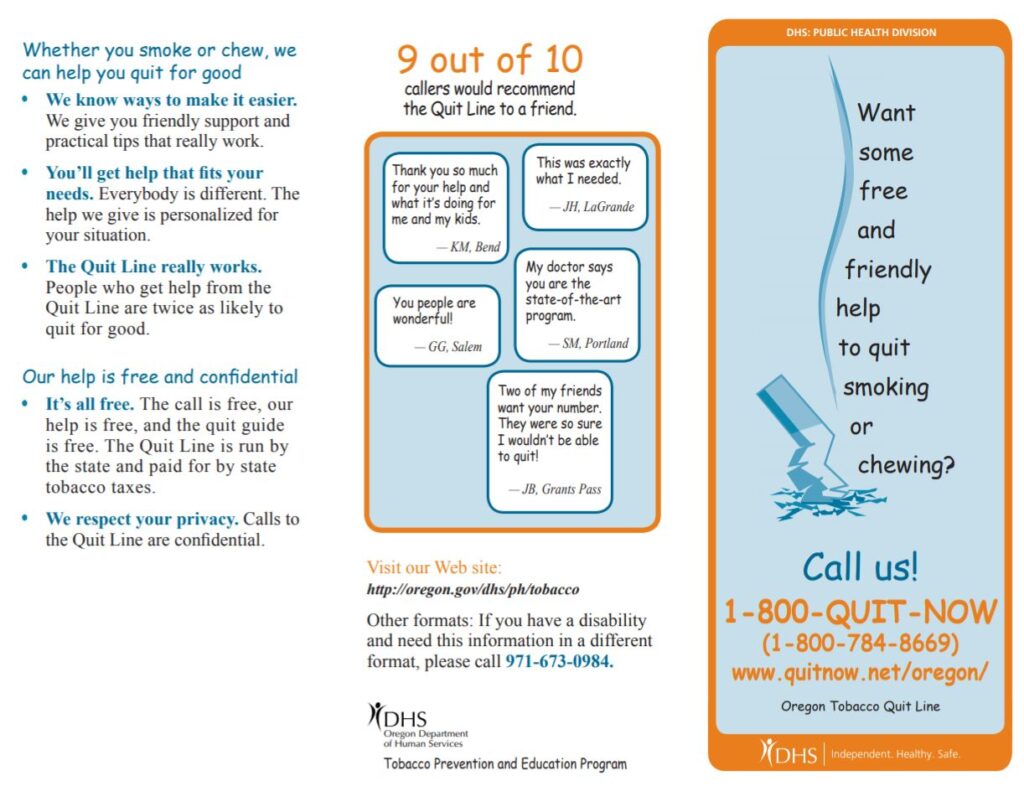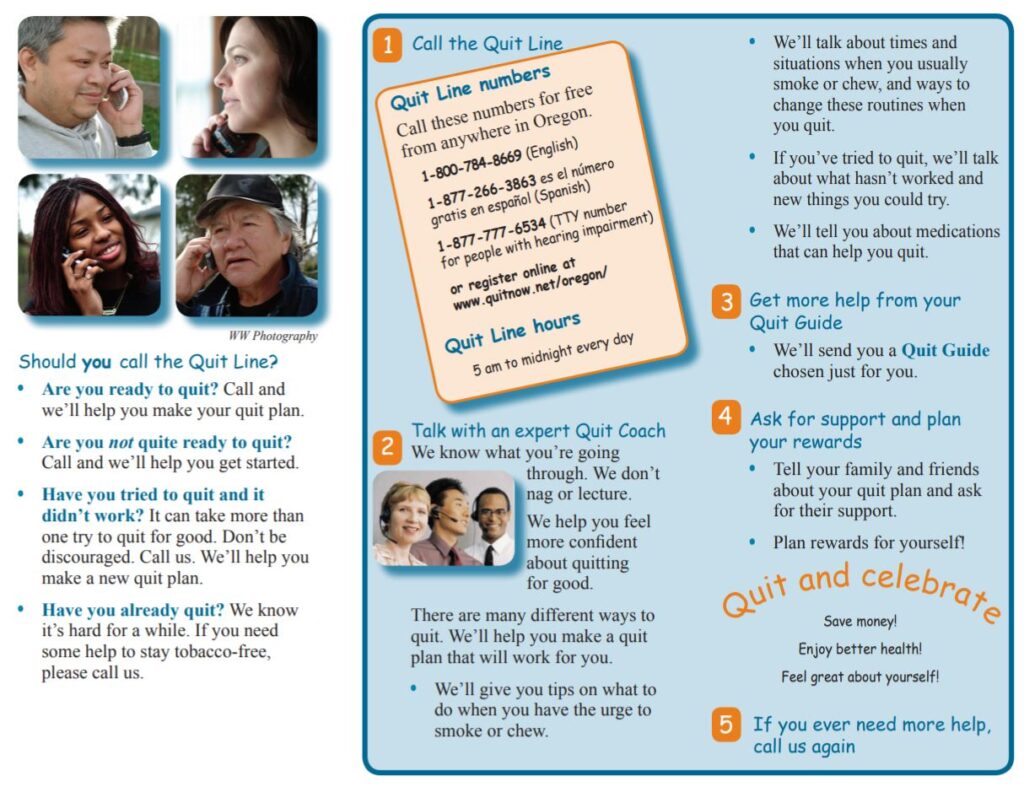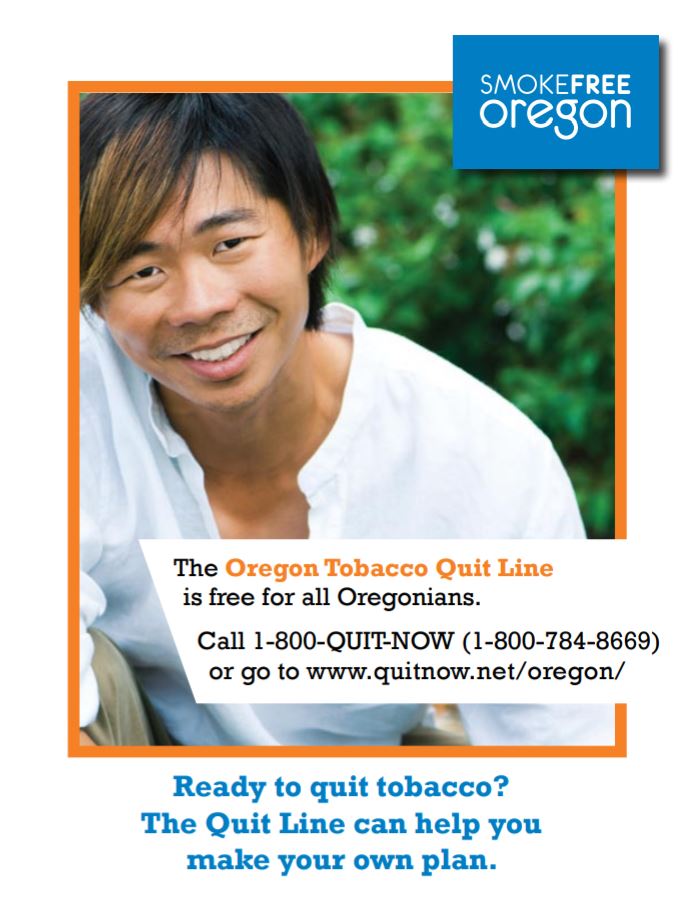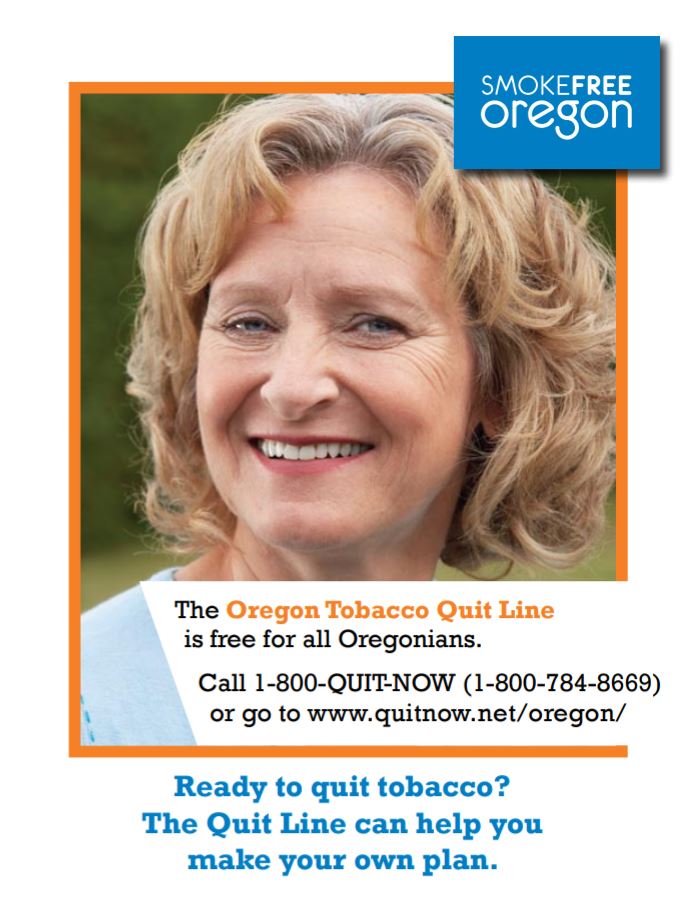Sports & Taking Care of Your Teeth
For many people, sports are an important part of their life. Sports offer many lessons, skills and other health benefits. They can also, however, be harmful to oral health. Especially if safety measures are not put in place. Here are a couple things to think about as the sports season gets started.

Sports Drinks
We all know how important it is to stay hydrated while partaking in any sort of physical activity. Especially during the hotter times of the year. Sports drinks, with their variety of delicious flavors and electrolytes to replenish lost nutrients are often wanted.
However, according to the American Academy of Pediatrics (AAP), drinking sports drinks can lead to tooth decay and obesity. The main ingredients in sports drinks typically consist of citric acid and high fructose corn syrup. These are a damaging combination for dental health.
–Citric acid affects the natural pH of the mouth, creating a concentration of acidity. This causes increased erosion of the enamel.
–The high fructose corn syrup removes necessary minerals from the teeth. It also feeds the bacteria in the mouth responsible for producing plaque and ultimately, tooth decay. Not good!
According to the AAP, water is usually the best way to go to ensure you are receiving adequate hydration!
Information on Mouthguards
Mouthguards are used to shield your teeth from injuries. Especially during contact sports. In some collision sports like football, hockey, and boxing, mouthguards are often required. In other sports, they may not be required but are recommended.
A well fitted mouth guard can prevent:
- Chipped or broken teeth
- Root damage
- Tongue injuries
- Jaw fractures
- Lip and cheek damage
- Fractured crowns or bridgework
- Concussions
The ADA suggests the use of mouth guards for:
- Acrobatics
- Basketball
- Boxing
- Field hockey
- Football
- Gymnastics
- Handball
- Ice hockey
- Lacrosse
- Martial arts
- Racquetball
- Roller-hockey
- Rugby
- Skateboarding
- Skiing
- Skydiving
- Soccer
- Squash
- Surfing
- Volleyball
- Water polo
- Weightlifting
- Wrestling

Mouthguards come in an assortment of different types. Including custom-made mouthguards, boil and bite mouth guards, and stock mouth guards.
Staying educated when it comes to sports and your dental health can help you avoid tooth decay and more serious injuries from happening. If you have any questions about the sports you are participating in or the health of your teeth, be sure to ask your primary care dentist during your next appointment.
